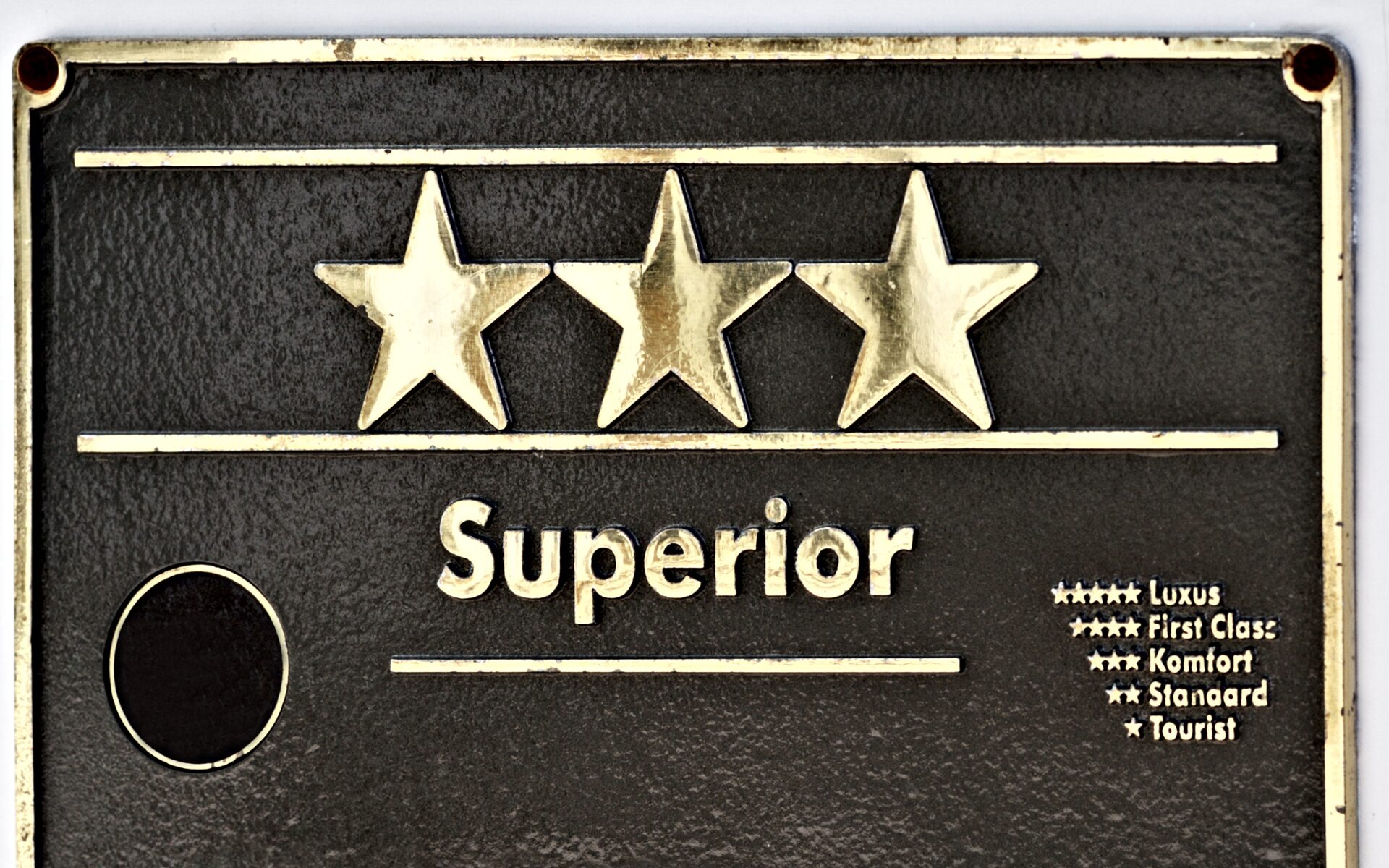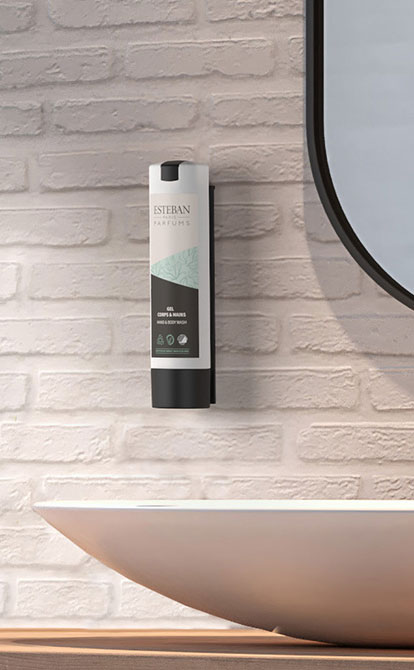Automation in the hospitality industry is revolutionizing the way hotels operate. These changes are not only simplifying pre-existing processes and procedures, but also introducing new innovative solutions and enhancing the guest experience.
By integrating smart technology and AI-driven solutions, hotels can streamline operations, reduce costs, and offer a seamless, personalized stay. From booking to check-out, automation simplifies key touchpoints, allowing hotels to focus on service quality and guest satisfaction. Here are a few examples of automation in the hospitality industry:
Automated Hotel Check-in
Automated hotel check-in refers to self-service kiosks and mobile check-in, consequently allowing guests to bypass the front desk, reducing wait times and facilitating an easy-going arrival experience. Furthermore, digital key access allows hotel guests to go straight to their rooms, while staff can focus their attention on personalized service rather than administrative tasks.
Automated Hotel Reservation System
Automated hotel reservation systems are AI-powered online or mobile booking platforms designed to efficiently manage reservations, synchronizing availability across channels and preventing overbooking. These systems also use dynamic pricing to optimize room rates based on demand, thereby maximizing revenue generation and ensuring a smooth booking process for guests.
Hotel Room Automation
Hotel room automation refers to smart technology. Smart technology enables guests to control lighting, temperature, and entertainment via voice commands or mobile apps, creating a more user-friendly and convenient experience. Motion sensors, for example, adjust environmental controls to optimize energy usage when the room is unoccupied.
Hotel Apps for Guests
Mobile hotel apps provide a one-stop solution for digital check-in, keyless entry, room service ordering, concierge assistance, and service requests. Guests can manage their stay from their smartphones, improving convenience and reducing front desk interactions.
AI-Powered Customer Support
AI-powered customer support is now commonplace in the hotel industry. Chatbots and AI-driven virtual assistants can handle guest inquiries, reservations, and service requests 24/7, reducing wait times and improving guest satisfaction. This technology frees up staff, providing further availability for them to address more complex interactions while ensuring quick, consistent responses.
Predictive Maintenance
Predictive maintenance is a proactive approach that uses data and smart technology to identify potential equipment failures before they happen. In the hospitality industry, hotels use IoT sensors, AI, and real-time monitoring to detect issues in HVAC systems, elevators, and other critical infrastructure.
By embracing automation technology, hotels can significantly improve operational efficiency, boost guest satisfaction, and stay ahead in an increasingly tech-driven hospitality landscape.


